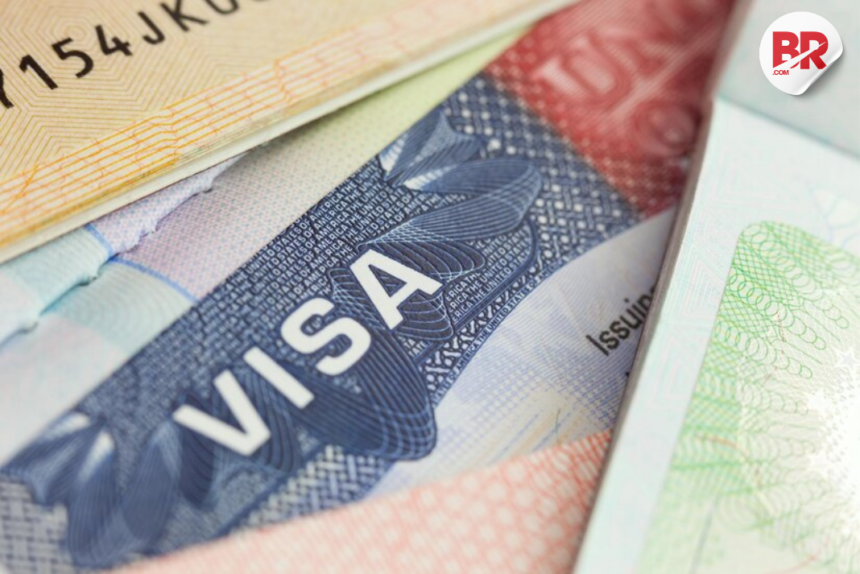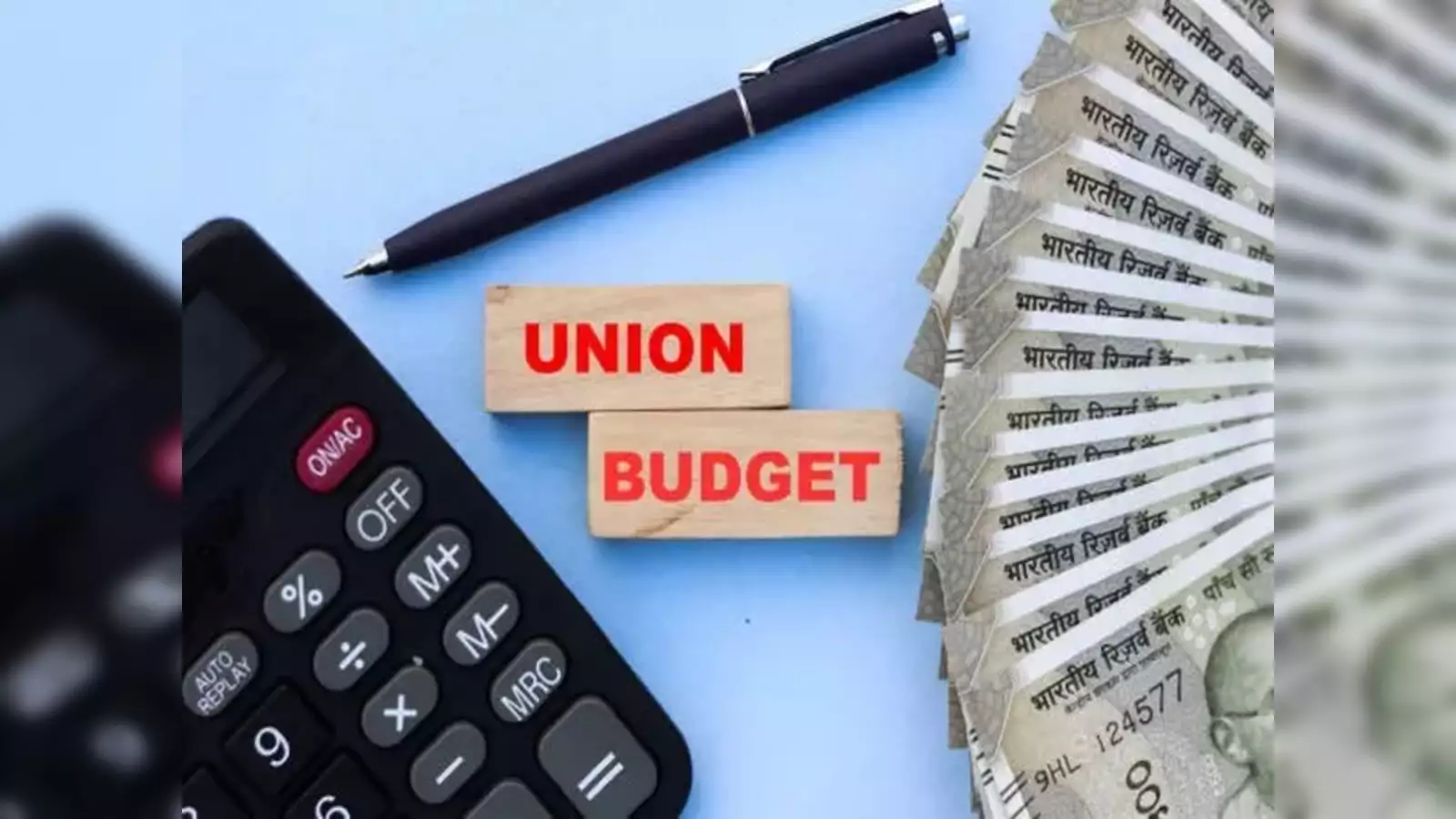
US visa approvals are shrinking fast. In recent years, H-1B visa rejection rates have jumped—especially for Indian tech professionals. Once the golden ticket to Silicon Valley, the H-1B program is now facing more red tape than ever before.
At the same time, a proposed ban on H-4 work permits threatens to push skilled spouses—mostly women—out of the workforce. These shifts raise one big question: Is the American Dream slipping away?

For thousands of skilled workers and their families, the U.S. no longer feels like the land of opportunity—it feels like a locked door.
Imagine building your life in America, only to be told your skills aren’t welcome anymore. Now imagine your spouse, an engineer or MBA graduate, being legally barred from working. That’s the reality for many H-4 visa holders today.
These aren’t people “taking jobs”—they’re the ones who build them.
Also Read What Happens When You Skip Class on a US Student Visa? The Answer Will Shock You
The Numbers Tell the Story
- H-1B Approvals Down: USCIS data shows the approval rate for H-1B petitions dropped from 95% in 2015 to nearly 75% in recent years. That’s not a glitch. It’s policy.
- H-4 Work Permits at Risk: Nearly 90,000 spouses—mostly women from India—could lose the legal right to work if the U.S. bans H-4 EADs (Employment Authorization Documents). These are doctors, tech professionals, and researchers we’re talking about.
- Startups Squeezed: Small businesses, especially in tech, rely on immigrant talent. With stricter US visa rules, many are now outsourcing or moving operations abroad. The result? A slow bleed of innovation.
For a country built by immigrants, America sure seems eager to keep them out. If the American Dream had a visa status, it’d be “pending review.”
This isn’t just bad policy—it’s bad math. Immigrants founded over 50% of America’s billion-dollar startups. Pushing them away? That’s like firing your best employees during a hiring freeze.
The Bigger Picture
The U.S. isn’t just changing laws. It’s changing its story. Once a magnet for the world’s best minds, it’s becoming a maze of paperwork, delays, and denials.
And while countries like Canada, Germany, and Australia roll out the red carpet, America’s rolling out more forms.
For many, it’s still flickering—but dimming fast. If the U.S. wants to stay ahead in innovation, healthcare, and tech, it can’t afford to slam the door on the very people who built its backbone.












